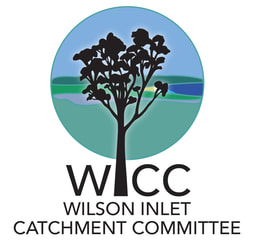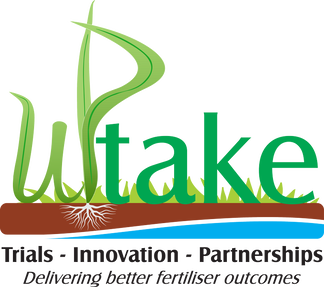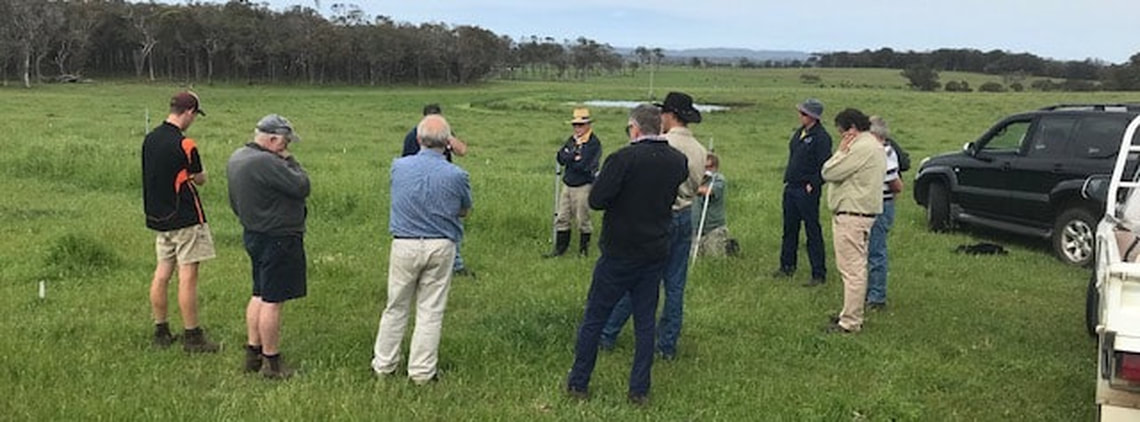uPtake was a 4 year program exploring pasture growth at varying rates of phosphorus applications. uPtake was acknowledged for its innovative science to improve water quality in South West WA waterways and estuaries at the recent Australian Waters Association Awards. The program was a partnership between the Depart of Water and Environmental Regulation, the Department of Primary Industry and Regional Development, industry, universities, farmers, and catchment groups and aimed to reduce phosphorus loss off grazing properties by improving confidence in the science supporting fertiliser application recommendations. Check out some of the key takeaways here...
uPtake is a National Landcare Partnership Programme between the Department of Water and Environmental Regulation (DWER) and WICC (amongst other catchment groups) to carry out trials of varying rates of phosphorous to build local confidence amongst our farmers in the recommendations made by the Department of Primary Industries and Regional Development (DPIRD).
Excess application of phosphorous on the farms throughout our catchment is the primary driver of excess nutrients in Wilson Inlet. It has been estimated that 80 % of excess nutrients in our inlet come from agriculture. Many farmers apply fertiliser on their farms without any soil testing or evidence of what they require. WICC encourages farmers to soil test and base their application of fertiliser on data. This can not only save our waterways, but also reduce costs to the farmers.
WICC will be engaging 6 switched on farmers to carry out trials throughout the catchment on a variety of soil types. The results will be highly publicised through a series of field days and reports. Trials will be administered by professional agronomists.
If you wish to learn more or receive a personal invite to the next field day, contact WICC.
Hear what Terry DeVos has to say about the uPtake programme.
Excess application of phosphorous on the farms throughout our catchment is the primary driver of excess nutrients in Wilson Inlet. It has been estimated that 80 % of excess nutrients in our inlet come from agriculture. Many farmers apply fertiliser on their farms without any soil testing or evidence of what they require. WICC encourages farmers to soil test and base their application of fertiliser on data. This can not only save our waterways, but also reduce costs to the farmers.
WICC will be engaging 6 switched on farmers to carry out trials throughout the catchment on a variety of soil types. The results will be highly publicised through a series of field days and reports. Trials will be administered by professional agronomists.
If you wish to learn more or receive a personal invite to the next field day, contact WICC.
Hear what Terry DeVos has to say about the uPtake programme.


